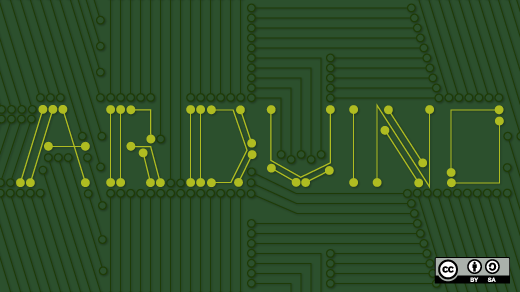IEEE Spectrum, the flagship publication for the Institute of Electrical and Electronics Engineers, recently carried an article on the history of the popular open hardware microcontroller board, the Arduino.
[Project founder Massimo] Banzi and his collaborators were strong believers in open source software. Since the purpose was to create a quick and easily accessible platform, they felt they’d be better off opening up the project to as many people as possible rather than keeping it closed.
For Banzi, this is perhaps the most important impact of Arduino: the democratization of engineering. "Fifty years ago, to write software you needed people in white aprons who knew everything about vacuum tubes," Banzi says. "We’ve enabled a lot of people to create products themselves."
"By providing a platform that lets the artist or designer get a little way in there, it makes it easier for them to work with engineers and say, ’This is what I want to do,’ " [lead Arduino software developer David Mellis] says. "I don’t think it’s replacing the engineer; it’s just facilitating that collaboration."
The Arduino is a fantastic example of multiple things--a platform for rapid prototyping (a crucial component of the open source way), a hacker 'scratching his own itch' (I need a platform for my students) in public where other people could adapt his creation for their own wildly different uses, a way to lower the barriers to access of technology creation.
Have you worked with the Arduino or another open hardware platform that's changed your view of electronics, making, or the world in general? What other tools have started in an academic setting and spread elsewhere?
Off the top of my head, I can think of Processing and Eucalyptus, but there are scores of others--a little operating system called Linux, for example...
Share your stories below. And a hat tip to Steve Jacobs for the link.







5 Comments